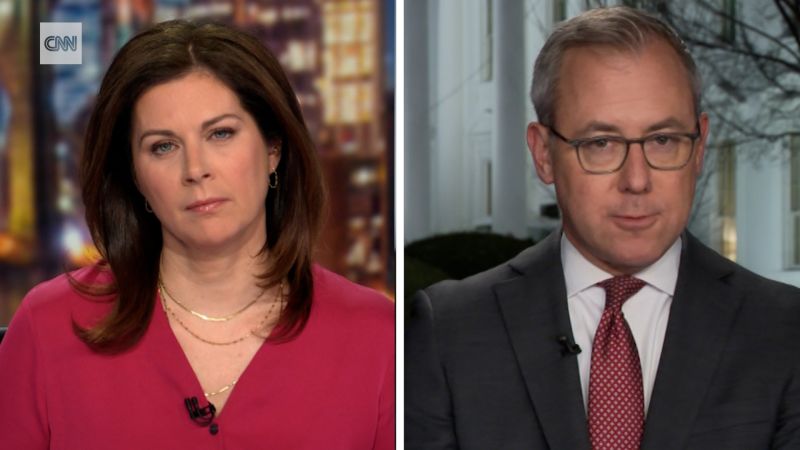Putin's Puppet? How Trump's Potential Russia Deal Could Reshape Global Politics

In a striking analysis, CNN's Erin Burnett delved into President Trump's controversial stance towards Russian President Vladimir Putin, highlighting the tension surrounding his recent characterization of Ukrainian President Volodymyr Zelensky as a "dictator". The commentary comes amid escalating geopolitical tensions and raises critical questions about diplomatic relationships and international perceptions.
Trump's inflammatory remarks about Zelensky have sparked widespread debate, with many viewing them as a significant departure from traditional U.S. foreign policy support for Ukraine. Burnett's segment critically examined the potential motivations behind Trump's provocative statements and their potential implications for international diplomacy.
The commentary underscores the complex dynamics between political rhetoric, international relations, and the ongoing conflict in Ukraine. By challenging the narrative of Zelensky's leadership, Trump appears to be aligning more closely with Putin's perspective, a move that has drawn sharp criticism from foreign policy experts and international observers.
As the geopolitical landscape continues to evolve, Burnett's analysis provides crucial insight into the nuanced and often unpredictable nature of contemporary international political discourse.

